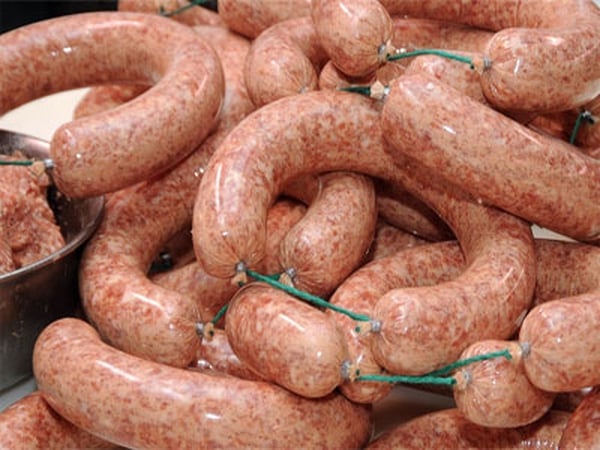The public has been told there is no risk to public health from Irish beef products despite a small number of positive PCB tests.
Out of 11 herds for which results are available, three tested above legislative limits for PCBs in beef.
According to the Food Safety Authority and the Department of Agriculture, the three that did come back positive were 'technically' non-complaint.
However the Government has stressed that the PCBs were not found at a level that poses any public health concern.
Only 0.2% of total annual production was found to be affected.
There will be no beef recall.
Watch special coverage including a Govt briefing
The European Commission has said it is satisfied so far with the measures taken by the Irish authorities following the positive tests for PCBs in cattle.
A spokeswoman said the commission was monitoring the situation closely.
Meanwhile the European Food Safety Authority is to release their findings tomorrow on whether the dioxin levels found in Irish pork and composite products exceed EU health levels.
The European Commission is also awaiting the laboratory results from the 13 EU member states which may have imported contaminated pig meat produce from Ireland.
If the products are found to be clear of dioxins then they can continue to be sold in those markets, the spokeswoman said.
Tomorrow the EU's chief veterinary officers, who are holding a previously scheduled meeting in Brussels, will discuss the Irish pork and beef situation.
Minister for Agriculture Brendan Smith said any animals from cattle herds which tested positive will be taken out of the food and feed chain.
Products from these herds will not be released onto the market.
The following steps are being taken: Any animals in herds above legal limit will be taken out of the food and animal feed chain.
Any products from these animals will not be not released into the market. The European Commission is being informed of the results.
Animals from 34 other herds are currently restricted.
The FSAI says that if tests come back within acceptable limits those animals will be released into the food chain.
If they are unacceptable, the animals will not be released.
Speaking in the Dáil this afternoon, Taoiseach Brian Cowen said there were not 'enormous implications' for the beef sector, as had been suggested by Fine Gael leader Enda Kenny.
Mr Cowen said the PCB levels found in three of the beef herds did not pose a risk to the public
The Minister for Agriculture says every action is being taken to ensure that there is no doubt as to the quality of Irish food.
Government sources say the blow will be softened by the fact that there is better traceability in the beef sector than the pork sector and isolating the affected meat will be easier.
Pork and bacon processors say they believe the scale of the problem facing their industry has yet to be properly quantified.
Hundreds of tonnes of meat returned by suppliers are now stockpiled in cold storage around the country, with no indication how it is going to be disposed of.
Compensation fears
Meat processors are seeking a multi-million euro compensation package for losses incurred as a result of the recall.
Minister Smith said the issue of compensation for the three known farms affected by herds above the acceptable limits was something to be 'dealt with on another day'.
A spokesman for the EU Commission said that as things stand there would be no EU funding for the farming industry in Ireland affected by contamination of pork.
The EC said there was no specific funding available but under EU rules, the Government could compensate farmers up to €7,500 over three years, with processors and retailers getting up to €200,000 over the same period.
However, in exceptional circumstances the government could pay 100% compensation - that was the case in Belgium.
Plant owners say they will not re-open their factories until the Government gives compensation for any losses incurred.
Farmers are also seeking €8m compensation for 100,000 pigs which may have to be destroyed on farms which used contaminated feed.
A scheme to store pigmeat once slaughtering is resumed is also being sought until normal sales and exports are restored.
There has also been further job uncertainty.
As well as the 850 staff laid off yesterday at Rosderra factories, and more at other companies in Cavan, Clones and Callan, 260 workers at Dawn pork and bacon in Grannagh in south Kilkenny have been told there is no work for them at present.
Countrystyle meats nearby has also told around 60 staff it does not know when processing will recommence, but even if it happens this weekend, it is unlikely many consumers will have ham available for their Christmas dinners.
Around 2,000 employees at pig processing plants have been temporarily laid off as a result of the recall.

